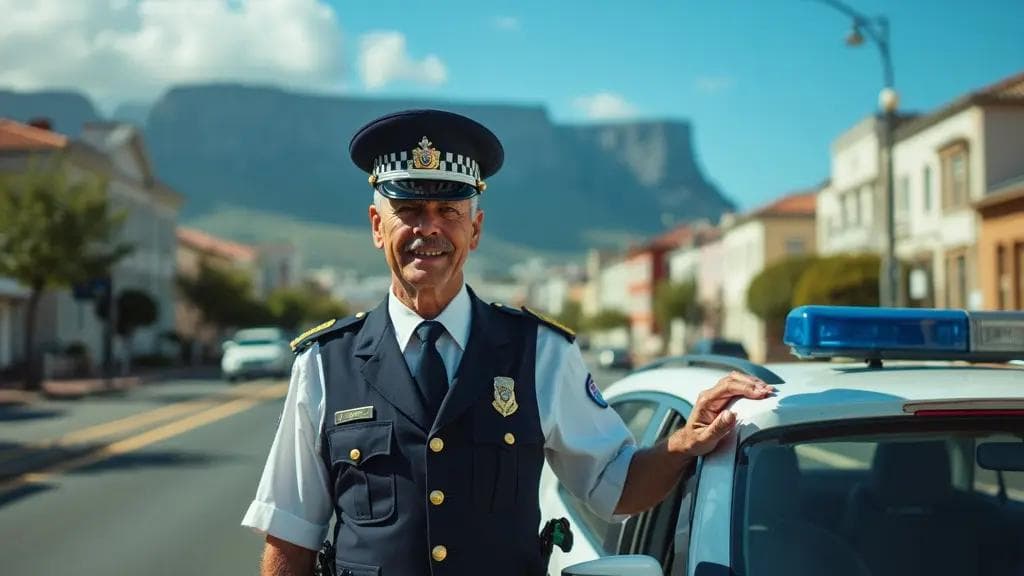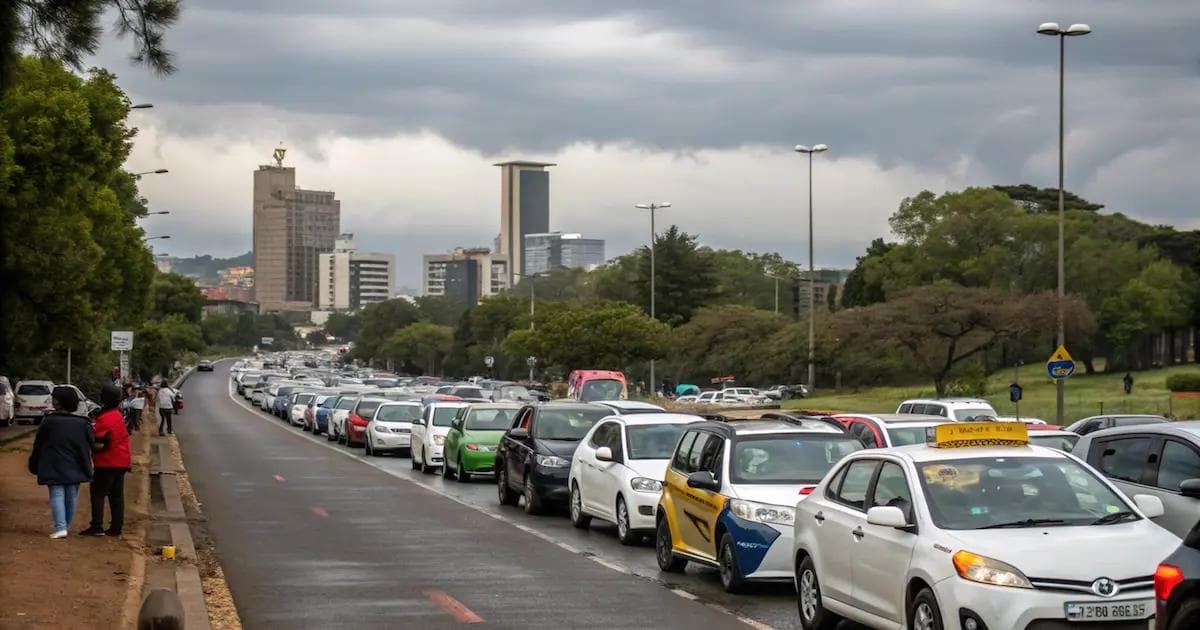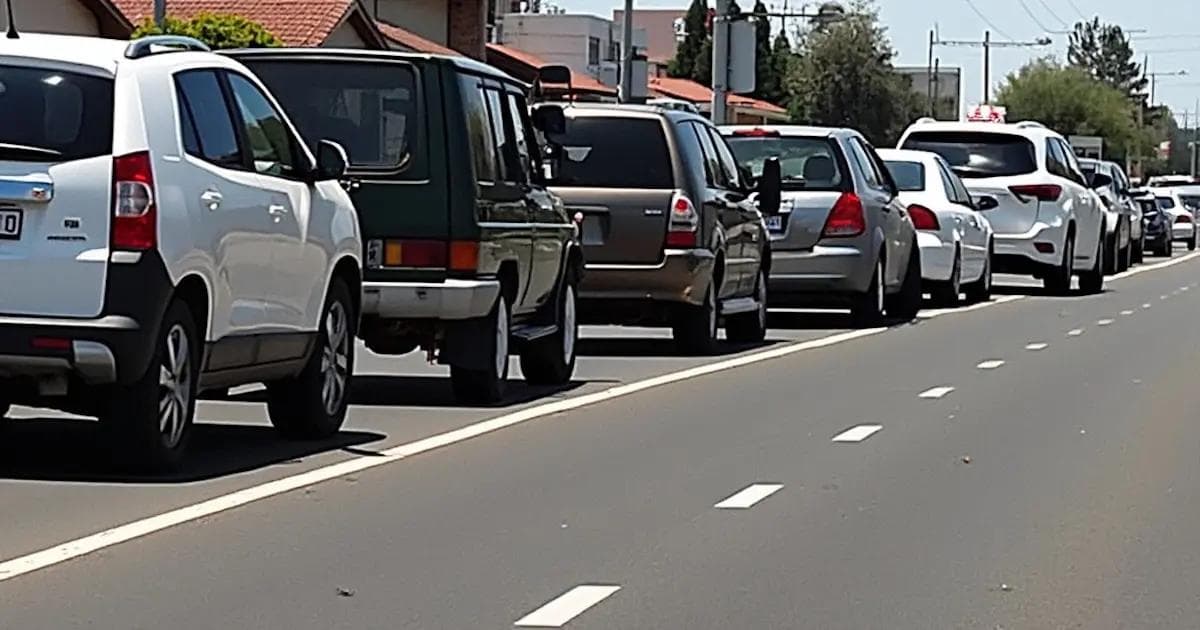How to Dispute or Scrap a Traffic Fine in South Africa
Receiving a traffic fine in South Africa doesn’t always mean you have to pay it. Whether you’ve been fined for speeding, running a red light, or an expired license disc, you can dispute or even scrap the fine if there are errors, lack of evidence, or extenuating circumstances. This guide explains how to successfully challenge a traffic fine, reduce penalties, or get it dismissed entirely.
Types of Traffic Fines in South Africa
Before diving into how to contest a traffic fine, it’s essential to understand the two main types of fines in South Africa:
- Section 56 Notice
- Issued directly by a traffic officer for violations like speeding or reckless driving.
- Typically handed to you on the spot after being pulled over.
- The notice includes a court date, and you have about 30 days to pay or contest the fine before it escalates to court.
- Section 341 Notice
- Issued for offences caught on camera or for violations like expired license discs.
- Sent via post or email and doesn’t include an immediate court date.
- You typically receive two notices before a summons is issued, giving you around 3 months to contest or pay the fine before it goes to court.
Understanding the type of fine you’ve received is the first step in contesting it properly.
How to Dispute a Traffic Fine
Step 1: Verify the Fine Details
Before you proceed with contesting a traffic fine, it’s important to review the details on the notice carefully. Common errors to dispute a fine:
- Incorrect date, time, or location.
- Missing evidence (e.g., no camera photo for speeding).
- Wrong vehicle/driver details.
Example: If the fine lists a car you no longer own, you can scrap it immediately.
Step 2: Gather Evidence to Scrap the Fine
To dispute the fine, you’ll need to provide compelling evidence that supports your case. Support your dispute with:
- Photos/videos of unclear road signs or incorrect details.
- Witness statements (e.g., passengers confirming your speed).
- Proof of emergencies (medical records, affidavits).
Pro Tip: For camera fines, request photographic evidence via your municipality’s website. Make sure to use the right traffic fine reference number.
Step 3: Write a Formal Dispute Letter
To contest a traffic fine, you’ll need to submit a written representation to the traffic department that issued the fine. Follow these steps to ensure your letter is effective:
- Address the correct authority: Identify the traffic department handling your case, as it varies by municipality.
- Include your details: Provide your name, ID number, and contact information.
- State your case clearly: Explain why you believe the fine is incorrect or unfair. Use facts and evidence to back up your claims.
- Attach the fine notice: Always attach a copy of the fine with your appeal letter.
For instance, in Tshwane and Johannesburg, you can submit your appeal using the AARTO 08 Representation Form, available on the AARTO website. In other areas, you may need to submit your letter by post, email, or in person at the local traffic office.
Step 4: Submit Your Dispute
Depending on the municipality, you can submit your appeal through various channels:
- Online portals: Some cities like Cape Town offer online systems to view traffic fines, check evidence, and submit disputes.
- Post or email: Most municipalities also accept appeals by post or email.
- In-person: In some cases, you may need to submit your appeal in person at the local traffic department or magistrate's court.
Make sure to keep a copy of your appeal for your records, and follow up to confirm receipt if you don’t receive a response within a reasonable timeframe.
How to Scrap a Traffic Fine Entirely
Valid reasons to scrap a fine:
- 🚗 You sold the vehicle before the violation.
- 🚨 Medical emergency (with hospital records).
- 📸 No evidence provided by the traffic department.
Note: Submit your dispute before the payment deadline to avoid court summons.
What Happens If Your Dispute Fails?
If unsuccessful:
- Negotiate with the Prosecutor: Present evidence for a reduced penalty.
- Court Appearance: Argue your case before a magistrate.
Never ignore a fine: It can lead to license suspension, arrest warrants, or higher penalties.
Contesting a Traffic Fine in AARTO Regions
If you live in Pretoria/Tshwane or Johannesburg, you will need to follow the AARTO (Administrative Adjudication of Road Traffic Offences) process. Here’s a breakdown of the steps:
- Step 1: Download the AARTO 08 Representation Form from the AARTO website.
- Step 2: Fill in the details of your fine and the reasons for contesting it.
- Step 3: Attach any supporting evidence and ensure the form is signed by a commissioner of oaths.
- Step 4: Submit your appeal electronically via the AARTO online portal.
If your appeal is successful, AARTO will reduce or cancel your fine. Otherwise, you’ll need to pay the fine or prepare for a court appearance.
Contesting a Traffic Fine in Non-AARTO Regions
If you reside in other parts of South Africa, such as Durban or Cape Town, the process for contesting a traffic fine is slightly different. Here's what you need to do:
- Step 1: Write a formal letter contesting the fine. Include a copy of the notice and the reasons for your appeal.
- Step 2: Submit the letter via email, post, or in person to the relevant traffic department or public prosecutor’s office at your local magistrate's court.
Appearing in Court
If your appeal is unsuccessful, or if you’ve already received a summons, your next step is to appear in court. Here’s what you should know:
- Prepare your defense: Collect all relevant evidence and consider hiring a traffic attorney to represent you.
- Present your case to the prosecutor: Before your court date, you will have an opportunity to present your case to the public prosecutor. If the prosecutor deems your case valid, the fine may be dropped or reduced.
- Magistrate’s decision: If your case goes to court, the magistrate will hear both sides and make a final ruling. If the ruling is in your favor, the fine will be dismissed. If not, you’ll need to pay the fine and any additional penalties.
What Happens If You Don’t Pay or Contest a Fine?
Failing to pay or contest a traffic fine can have serious consequences, including:
- Warrant for your arrest: If you don’t pay or contest the fine by the due date and fail to appear in court, a warrant for your arrest may be issued.
- Licence suspension: In AARTO regions, accumulating demerit points from unpaid fines could result in the suspension of your driver’s licence.
Final Thoughts
Disputing a traffic fine in South Africa is your right, but it’s important to follow the correct procedures and provide solid evidence to back up your case. Whether you’re appealing through the AARTO system in Johannesburg or Tshwane or challenging a fine in another region, being prepared and proactive can help you avoid unnecessary penalties.
Always check the details of your traffic fine carefully, gather evidence, and submit your appeal within the required timeframes to improve your chances of success.


